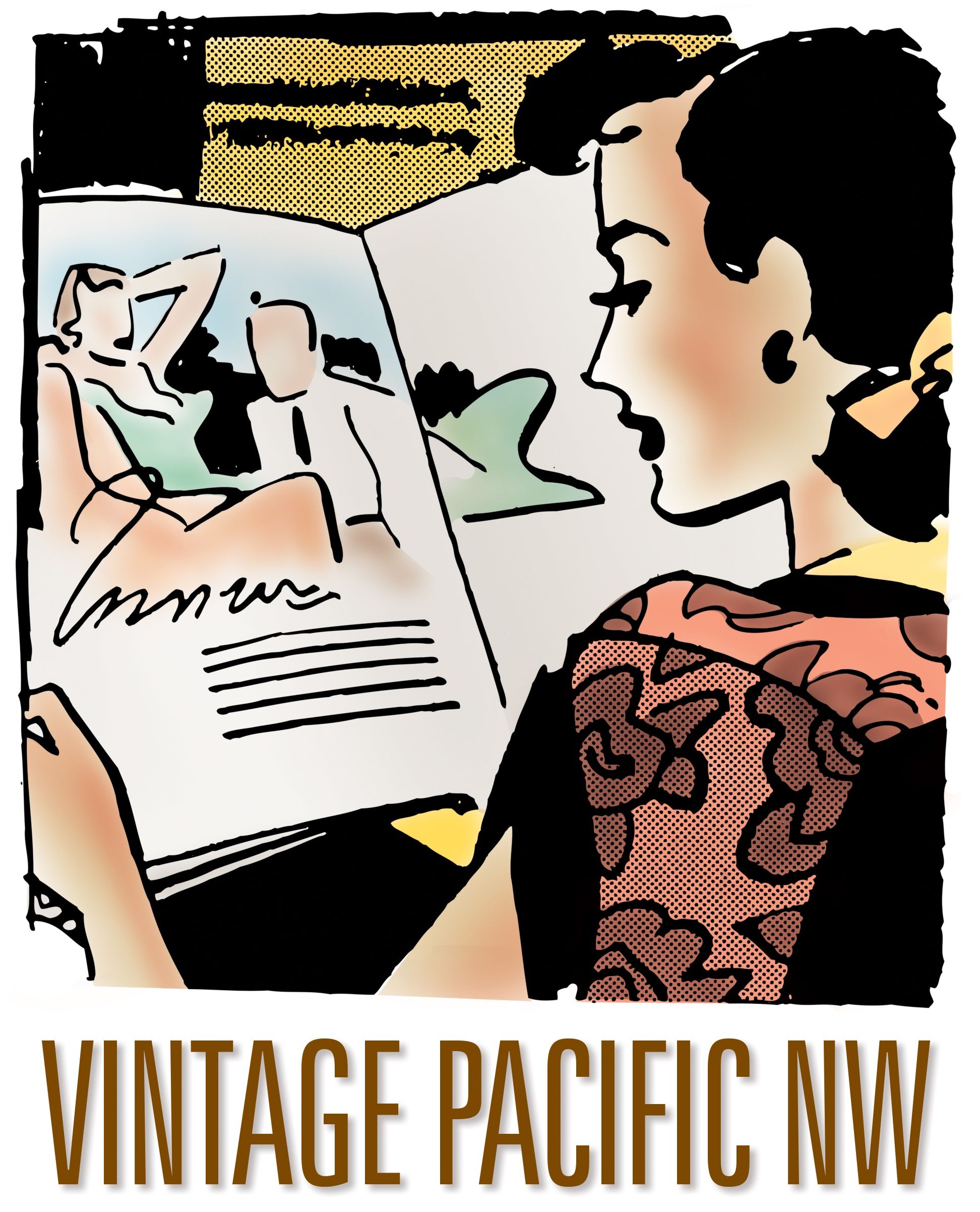Originally published Jan. 4, 2015
By Andy Perdue, former writer of The Grapevine
AS I SEE IT, you can unearth new and exciting wines in at least five ways. In no particular order, they are:
• Wine competitions
• Wine critics
• Wine merchants
• Wineries and wine festivals
• Friend recommendations.
I have found delicious wines through all five methods. But, today, let’s look at how to use wine-competition results.
Well-run wine judgings bring together professionals from multiple disciplines, including winemakers, restaurateurs, media, retailers and educators. They work together, typically in panels of three to five judges, and evaluate anywhere from 80 to 125 wines a day. (This sounds like fun until you get to your 40th chardonnay of the morning; then it feels like work.)
For a wine to earn a gold medal, a majority of the judges must vote for gold — not an easy task. In fact, in a typical, professionally run wine competition, 10% to 12% of entries will win gold — and 15% to 40% won’t win any medals.
Some competitions award best-of-class designations, which means a wine was the best in its category. That could be by variety (chardonnay, for example), price range, region or a combination of the three.
Because the vote is a consensus of the judges who are tasting the wines under blind conditions (meaning they don’t know the producer until after the competition is complete), the best wines tend to rise to the top. Coming from diverse backgrounds, the judges bring along their own biases.
Before a medal is awarded, all of them have an opportunity to talk about the wine’s qualities and faults. During this part of the process, it’s not unusual for one or more judges to change their scores based on the discussion.
Here’s one way I use competition results: I have a particular interest in riesling. While I know a lot about Northwest riesling, my knowledge is deficient in some other regions, including New York. I will look at results of, say, a New York regional wine judging to see which rieslings won gold and silver medals. If the categories are broken down by dry vs. off-dry vs. sweet, then I can make a determination about which wines I want to track down and try.
Before buying, I might talk to my friendly local wineshop expert, who has tasted most wines in the store. If the wine is regional, such as from Woodinville, then I might head to the tasting room to see whether my tastes match up with the gold or silver medal. If a wine has won multiple medals, particularly golds and silvers, it’s a good bet I’ll want to try that wine.

The opinions expressed in reader comments are those of the author only and do not reflect the opinions of The Seattle Times.